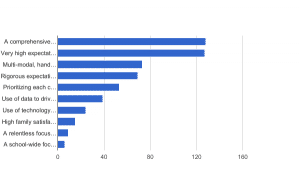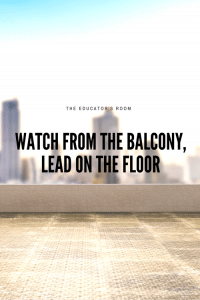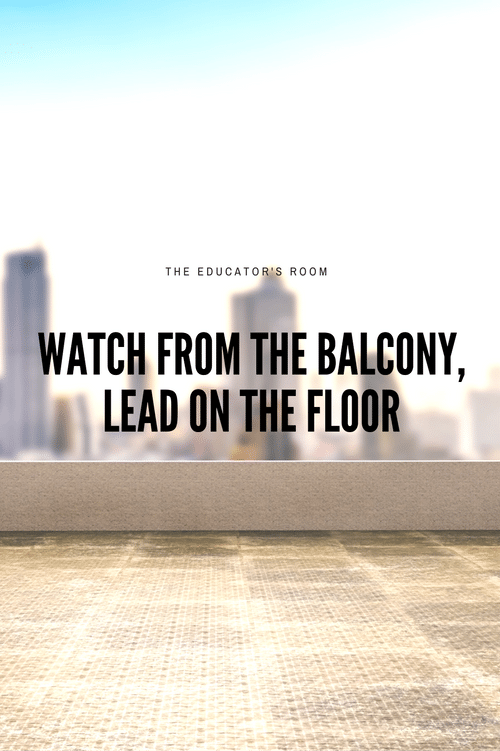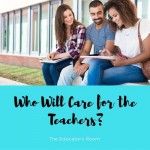Readers were recently asked to complete the following survey:
Below is a list of 10 characteristics of successful schools. Which 3 do you think are most important?
- A comprehensive approach to the needs of the whole child
- A relentless focus on standards and having students meet them
- Very high expectations for student behavior
- Multi-modal, hands-on lessons to appeal to multiple intelligences
- Use of technology in the classroom
- Prioritizing each child’s interests and passions in designing a curriculum
- A school-wide focus on college and the skills and knowledge to get there
- Rigorous expectations for student work
- Use of data to drive organizational decisions
- High family satisfaction rates
As several respondents pointed out, this is certainly not an exhaustive list. It is, however, a list of characteristics of successful urban schools as identified by The New Teachers Project. Our purpose in administering this survey was to obtain a sense of what our readers believe to be important in their schools to serve as starting point for a series of articles about school leadership.
179 people responded and the survey yielded the following results:
71.5 percent of participants identified “a comprehensive approach to the needs of the whole child” as one of the top three important characteristics of a successful school and will, thus, serve as the topic of this week’s post.

“A comprehensive approach to the needs of the whole child”
A comprehensive approach to the whole child is essential to the future success of all students.The research is undeniable:
- James Heckman, at the University of Chicago, has shown that the non-cognitive skills that emerge in early childhood are strong predictors of adult success.
- Paul Tough, author of How Children Succeed, emphasizes the importance of developing ‘soft-skills’ for future achievement.
- Carol Dweck, Angela Duckworth, Geoffrey Canada, Durlak et al and many others have proven again and again the importance of social-emotional learning.
What can a leader do (and what must she avoid) to have a school that focuses on developing the whole child?
[bctt tweet=”The last thing teachers want (or need) is ‘one more thing’ to do . . . one more ‘initiative’.” username=”EducatorsRoom”]
Start with the teachers
The last thing teachers want (or need) is ‘one more thing’ to do . . . one more ‘initiative’. I recently heard a teacher say something to the effect of, “someone went to a workshop and now we have to” fill in the blank. Becoming a mindful school or implementing a program of restorative justice requires a change of heart, not a change of policy. Gather a group of teachers and talk about current trends in education. Find out what excites them. Let the movement bubble-up. Be prepared for the teachers to choose something that you would not necessarily choose. As long as it is moving in the right direct, toward the developing the whole child, it is progress. Remember bottom-up innovation, top-down facilitation.
Two Effective Programs
(There are too many to list and advocate. Please share your favorite and most effective programs and strategies for developing the whole child in the comments below.
Whole Child Education goes beyond academics, social skills, and character development. It includes nutrition, medical and dental care for families who would otherwise go without, deep involvement with the community, physical and mental health and the arts. A whole child education experience is not built in a day. It must be driven by will and need.
Mindful Schools is a complete program to help children and adults in a school develop self-awareness and self-regulation. Mindfulness in the classroom has been proven to improve focus and decrease disruptions. Students are ready to learn with lessened anxiety as they learn to live in the present, not ruminate on the past nor stressing about the future.
Please share your favorite and most effective programs and strategies for developing the whole child in the comments below.







